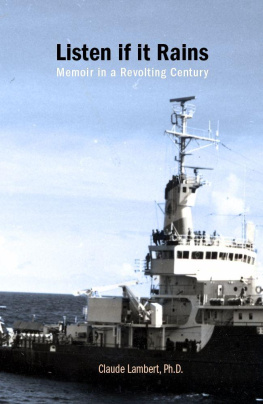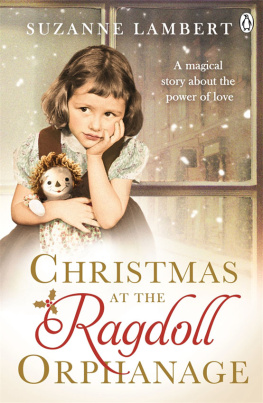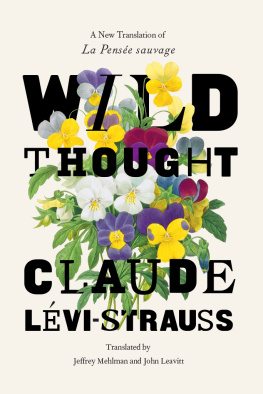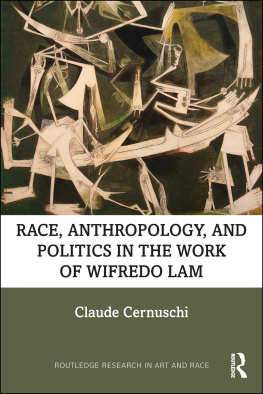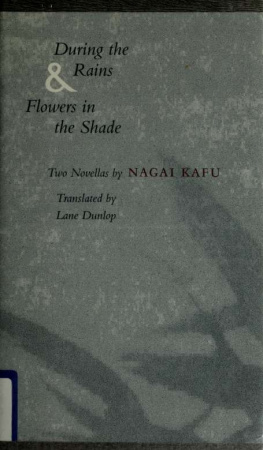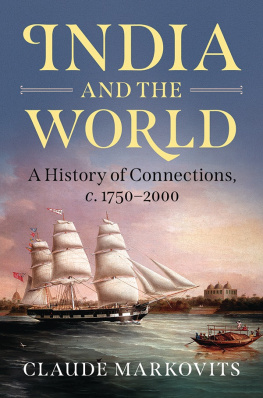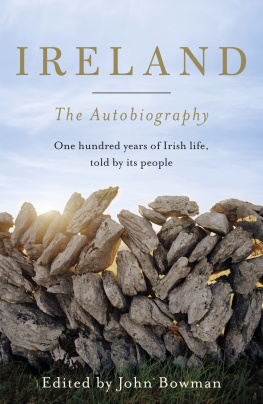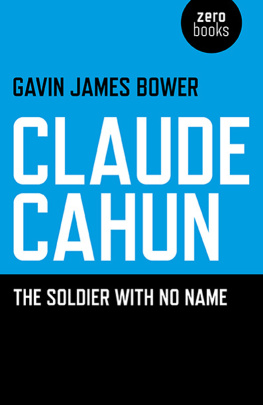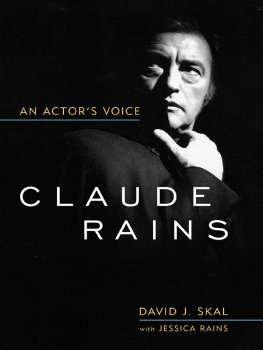Listen if it Rains
by Claude Lambert
Memoir in a Revolting Century
Copyright : Claude Lambert 2016
Cover Design : Dominique Elliott
ISBN : 978-0-9892860-1-5
A few pages were published in On Pets and Men (2009).
Foreword
One is quite alone when the last one who remembers is gone.
Agatha Christie
Dear Reader,
I am very sorry that I am probably not like you. I know how disappointing it is, but dont let it prevent you to share my life for a moment.
We dont think at eighty what we thought at forty or twenty years old. Meanwhile, politics, technology, fashion and manners spin at their own rhythm and fantasy. This tale is about how I lived just long enough to understand life, so be patient with my ramblings.
Once in a lifetime, we should all be allowed to say what we think. We only have one trip.
Dedication
For the Poitous, tall and small
This book is dedicated to the memory of British comedian John Le Mesurier, who told his wife that he didnt want the press to say he had "passed away." He thought the expression was hypocritical and ridiculous.
So when he died in 1983, the very enlightened and proper London journal The Times printed his self-penned death notice stating that he had just "conked out."
It made first-page news. What a way to get a last smile !
John Le Mesurier wishes it to be known that
he conked out on November 15th.
He sadly misses his family and friends.
Part 1. Life in wartime (1940-1945)
A little self-knowledge is a dangerous thing.
Malcolm Lowry
1. My prejudice
The war made me prejudiced against Germany, and I did not change my mind for another generation.
I was born in 1940, a few weeks before the first tank battle of World War 2, which took place in the fields of our village.
The war made me who I am. It does not matter how old you are when the war breaks around you. It is what you see and what you hear, how hungry you are and the stories told around you that shape you.
It took me a long time to realize my bias. I think that prejudice starts with the sound of peoples' names. Until I was perhaps thirty years old, I couldnt hear a German name without thinking "enemy, maybe Nazi, watch out !" I was over forty years old when I started to give a real chance of becoming a friend to the individual Germans I met.
War does it, I guess, to many of us. We, we who have bad memories of any war, from Germany to Vietnam to Iraq or Afghanistan, we cannot hear a German name or an Afghan name without hearing strong warning bells. It is a very primitive reaction: when a tiger has hurt us, all tigers look the same to us. We forget that most citizens of any country are just like us: they do not want war at all.
My anti-German prejudice did not extend to music or literature. I became fond of Wagner I drew the line at going to Bayreuth. The idea of linking one theme to one hero appealed to me. Much later, in 1983, the musician Philippe Boesmans applied the same pattern to the opera La Passion de Gilles on a libretto written by my ex-husband, Pierre Mertens. As it was something that both of them had worked on for a long time when Pierre and I were still married, over a decade earlier, I traveled to Brussels to hear it. Both the story and the music were outstanding, superior to Wagner, I thought.
I was also fond of many German mathematicians and philosophers, if they were born long enough before the 20th century.
But my prejudice extended to a few generations of German architects, I am not sure why. Albert Speer, the architect of the Third Reich, was probably responsible for my disgust. I was only sensitive to German designers from just after World War 2: those who had to express themselves with little money and poor materials and are now forgotten, their creativity unjustly neglected.
My parents had less prejudice than me. My mother wrote after the war to a German officer who was housed in the same building as her during the war: she was grateful that he had been decent. He had once protected her from being aggressed by drunken soldiers. My father had democratic friends in Austria. I remember one man who had no nails: the Nazis had tortured him. My father made me promise I would never forget this, and I didnt, I still remember his handshake. I have seen other hands later in the sixties: hands without nails, deformed. Torture did not stop at the horrors of Nazism.
My different attitudes towards German philosophers, architects, authors or musicians only confirms that we all think in small boxes, well separated in our brain and that there is communication but no coherence between these boxes. I guess it is how scientists have the universe of physics in one brain box and religion in another brain box. That concept is so true that my reaction to French Nazis was entirely different: I never read and still refuse to read the many, too many famous French writers who had pro-Nazi and anti-Semitic views.
For instance, Bernanos: "Hitler has dishonored the word anti-Semitism."
For instance, Cline who "charged that Pope Pius XII and Hitler himself must both be Jews, because neither was making a sufficient effort in Clines view to transform France into a purely Aryan country." (Benjamen Ivry in Forward.com, 2011).
For instance, Rebatet who was condemned to death after the war and then pardoned.
For instance, Brasillach executed for incitement to murder in 1945.
For instance, Chardonne who said he vomited the Jews, the English, and the French Revolution."
For instance, Lon Daudet, who said he was even more anti-democratic than anti-Semitic.
The fact that much of the new French literature (Robbe-Grillet, Le Clzio) had nothing to say left me angry. You never know in any country what baseness is hidden behind the sweetest stories: Ezra Pound, a poet? Roald Dahl of the Chocolate Factory, no kidding?
War emotions ran so deep that most of the time I had little control on my reactions. I remember that in 1970 my boss Georges Aronstein, then President of the Belgian League for Human Rights asked me what I thought about him buying a Volkswagen. "What do you think," he asked, "is it too early for me to buy a Volkswagen? Everybody says it is an excellent car."
The Volkswagen, created by the Nazis as a propaganda instrument, was quite popular in the early 1970s with its new Beetle image. I could not imagine a defender of human rights driving a German car, let alone a Volkswagen. We both laughed about it. It is stupid to punish a company for something that happened a whole generation before; we could see that. But the idea to buy a Volkswagen was as foreign to me as the idea of marrying a German citizen.
I almost felt justified to hate the car again in November 2015, when Volkswagen admitted to cheating on the tests to measure carbon dioxide levels on various cars it had produced for the last seven years. But of course, this dishonesty has nothing to do with the past, does it? We are used to sellers exaggerating and lying about their products, but there is a difference between lying and cheating. Cheating is something else, and in circumstances like this, it is done with many accomplices. Where did this come from? Not from the war, I am sure. Almost. What kind of culture do Volkswagen engineers promote?
So, we think that we got rid of our prejudices, but they tend to come back at the first opportunity.
It was not conceivable that "WE" should buy a Volkswagen. We were not alone. The pianist Arthur Rubinstein never gave a concert in Germany after the war. As a form of respect for the dead, he said. The cellist Pau (Pablo) Casals refused to appear in countries that recognized the government of General Franco; he made an exception to play for President Kennedy.
Next page
